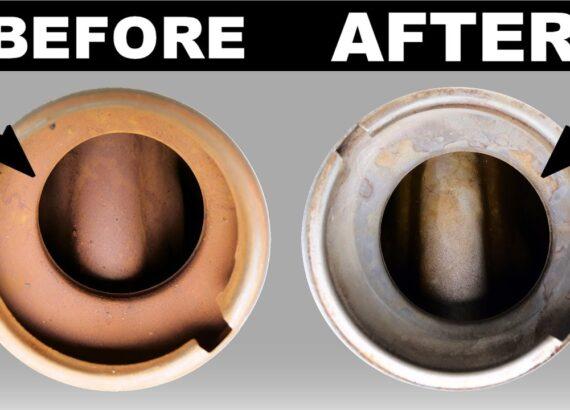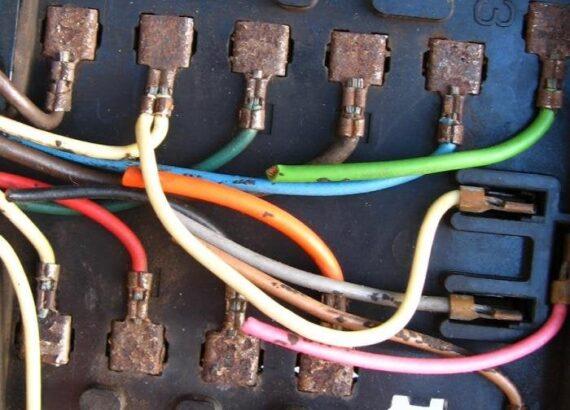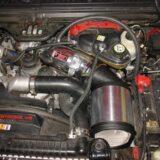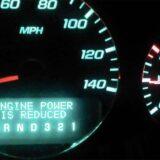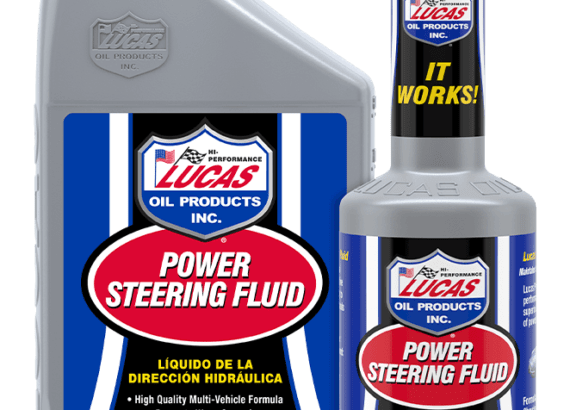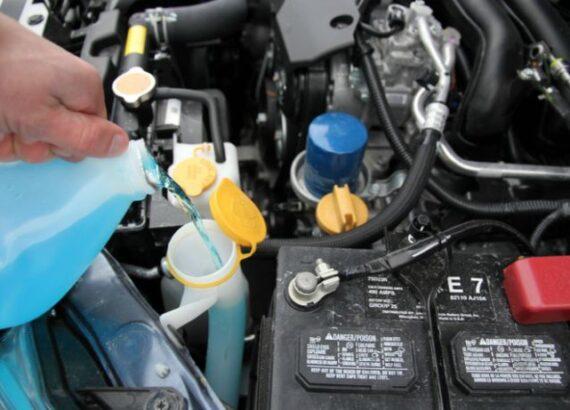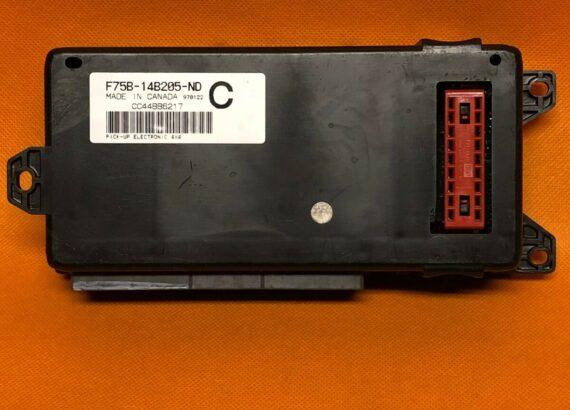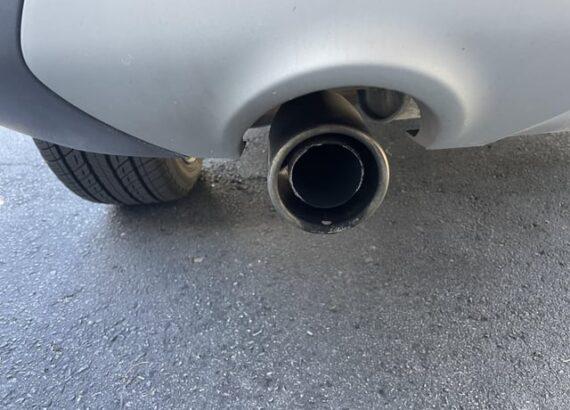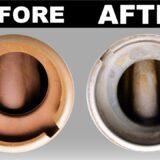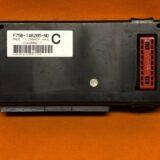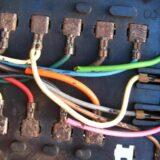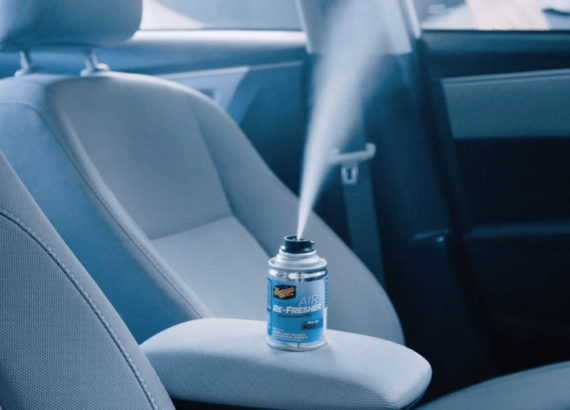![Best Engine Performance Upgrades [DIY Guide 2025]](https://siumpro.com/wp-content/uploads/how-to-improve-car-engine-performance-845x550.jpg)
Best Engine Performance Upgrades [DIY Guide 2025]
To improve car engine performance, regularly maintain the engine and use high-quality fuel. Optimize airflow and upgrade the exhaust system.
Enhancing car engine performance involves several key practices. Regular maintenance, such as timely oil changes and replacing air filters, is crucial. High-quality fuel ensures cleaner combustion and better efficiency. Optimizing airflow with performance air filters and upgraded intake systems can significantly boost power.
Upgrading the exhaust system reduces back pressure, enhancing engine breathing. Proper tire maintenance and alignment also contribute to overall performance. Keeping the engine clean and using fuel additives can further improve efficiency. By following these steps, you can ensure your car engine runs at its best, delivering improved power and fuel economy.
Regular Maintenance
Regular maintenance is key to improving car engine performance. Taking care of your car helps it run smoothly and last longer. Two of the most important tasks are oil changes and air filter replacement.
Oil Changes
Oil changes are crucial for engine health. Fresh oil lubricates the engine parts. This reduces friction and prevents overheating.
Follow these simple steps for an oil change:
- Warm up the engine.
- Lift the car using a jack.
- Place a container under the oil pan.
- Remove the drain plug and let the oil drain.
- Replace the oil filter.
- Put the drain plug back.
- Refill with fresh oil.
Always use the oil type recommended by your car manufacturer. Change the oil every 3,000 to 5,000 miles.
Air Filter Replacement
An air filter keeps dirt out of the engine. A clean air filter improves fuel efficiency and boosts engine power.
Here’s how to replace your air filter:
- Locate the air filter box.
- Open the air filter box.
- Remove the old air filter.
- Insert the new air filter.
- Close the air filter box.
Check the air filter every 12,000 miles. Replace it if it looks dirty.
| Task | Frequency |
|---|---|
| Oil Change | Every 3,000 to 5,000 miles |
| Air Filter Replacement | Every 12,000 miles |
Regular maintenance keeps your car running at its best. Make these tasks a part of your routine.
Fuel System Care
Fuel system care is crucial for enhancing car engine performance. This involves maintaining clean fuel injectors and using high-quality fuel. Proper care ensures your car runs smoothly and efficiently.
Fuel Injector Cleaning
Fuel injectors spray fuel into the engine. Dirty injectors can clog and reduce engine performance. Cleaning them ensures optimal fuel flow.
Follow these steps to clean your fuel injectors:
- Use a fuel injector cleaner additive.
- Pour the cleaner into the fuel tank.
- Drive your car for at least 20 minutes.
Regular cleaning keeps your injectors in top shape. Aim to clean them every 3,000 miles.
High-quality Fuel
Using high-quality fuel boosts engine performance. Premium fuel has fewer impurities and burns cleaner.
Advantages of high-quality fuel include:
- Better engine efficiency
- Reduced emissions
- Improved fuel economy
| Fuel Type | Benefits |
|---|---|
| Regular | Basic engine performance |
| Premium | Enhanced engine performance |
Choose high-quality fuel for better performance and longevity. Check your car’s manual for the recommended fuel type.
Upgrading Components
Upgrading components is a great way to enhance your car’s engine performance. By making strategic upgrades, you can unlock more power and efficiency. Below, we explore two key upgrades: performance exhaust and cold air intake.
Performance Exhaust
A performance exhaust system can significantly boost your engine’s output. Stock exhaust systems often restrict airflow, reducing the engine’s efficiency. A performance exhaust allows gases to exit more freely, helping the engine breathe better and perform optimally.
Benefits of upgrading to a performance exhaust include:
- Increased horsepower
- Better fuel economy
- Enhanced sound
The table below highlights key differences between stock and performance exhausts:
| Feature | Stock Exhaust | Performance Exhaust |
|---|---|---|
| Airflow | Restricted | Optimized |
| Sound | Muted | Enhanced |
| Fuel Economy | Standard | Improved |
Cold Air Intake
Installing a cold air intake is another effective upgrade. It allows cooler air to enter the engine, which is denser and contains more oxygen. This leads to better combustion and more power.
Key benefits of a cold air intake include:
- Increased horsepower
- Better throttle response
- Improved fuel efficiency
The cold air intake system usually includes a large air filter. This filter is designed to capture more dirt and debris, keeping the engine cleaner and running smoothly.
Upgrading these components can make a noticeable difference in your car’s performance. They are relatively easy to install and offer excellent value for money.
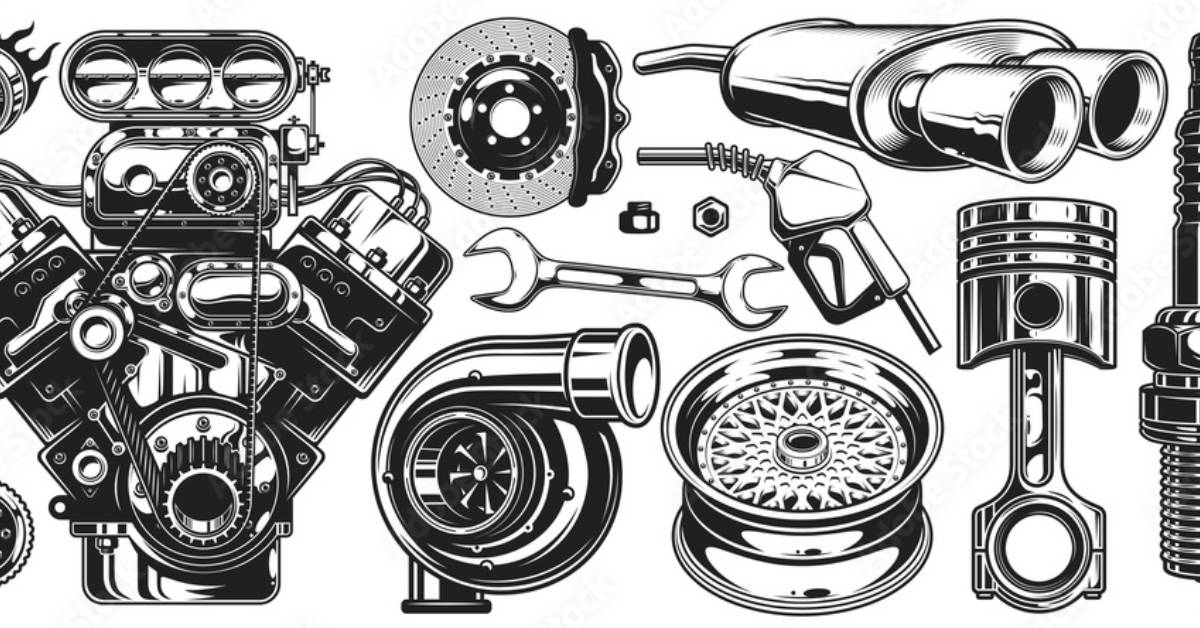
Credit: drivenracingoil.com
Tuning The Engine
Enhancing car engine performance involves several strategies. Tuning the engine is crucial. Proper tuning helps achieve optimal power and efficiency. Understanding key aspects like ECU Remapping and Dyno Tuning can elevate your engine’s potential.
Ecu Remapping
The Engine Control Unit (ECU) controls your car’s engine functions. ECU remapping modifies the software within the ECU. This adjustment can improve the engine’s performance. It can increase power and torque.
Benefits of ECU remapping:
- Enhanced throttle response
- Better fuel efficiency
- Increased power output
ECU remapping is suitable for modern cars. Older models may need different adjustments. Always consult a professional for ECU remapping.
Dyno Tuning
Dyno tuning involves using a dynamometer. This device measures engine performance and helps fine-tune the engine. Dyno tuning ensures optimal power delivery and efficiency.
Steps in Dyno Tuning:
- Attach the car to a dynamometer.
- Run the engine at different speeds.
- Measure power output and other parameters.
- Adjust engine settings based on results.
Dyno tuning offers precise adjustments. It’s ideal for performance enthusiasts. It ensures the engine runs at its best.
Improving Airflow
Improving airflow is key to boosting your car’s engine performance. Better airflow means more oxygen for combustion. This leads to more power and efficiency. Let’s explore how to enhance airflow.
Turbochargers
Turbochargers are great for improving airflow. They force more air into the engine, boosting power without increasing engine size.
Turbochargers work by using exhaust gases to spin a turbine, which compresses the intake air. More compressed air means more oxygen for combustion, resulting in a more powerful engine.
- Increased horsepower
- Improved fuel efficiency
- Better performance at high altitudes
Turbochargers are common in modern cars. They are also popular in performance vehicles.
Superchargers
Superchargers are another way to improve airflow and force more air into the engine. Unlike turbochargers, they are driven by the engine’s crankshaft.
Superchargers provide a boost in power across all RPM ranges. This makes them ideal for drivers seeking immediate power. They do not rely on exhaust gases, so there is no lag.
- Instant power delivery
- Consistent performance
- Enhanced throttle response
Superchargers are often used in high-performance and racing cars. They are also a good option for muscle cars.
Reducing Weight
Reducing the weight of your car can significantly enhance engine performance. A lighter car demands less power to move. This increases acceleration and fuel efficiency. There are two key strategies for reducing weight: using lightweight materials and removing unnecessary items.
Lightweight Materials
Using lightweight materials can make a big difference. Materials such as aluminum, carbon fiber, and titanium are great choices. These materials are strong but much lighter than traditional steel.
- Aluminium: Often used in engine parts and wheels.
- Carbon Fibre: Common in body panels and interior parts.
- Titanium: Perfect for exhaust systems and connecting rods.
Lightweight materials help improve speed and fuel economy. They also make your car more agile and easier to handle.
Removing Unnecessary Items
Removing unnecessary items can also reduce your car’s weight. Every extra pound counts against performance. Look for items you don’t need every day. Remove them to save weight.
Here are some tips:
| Unnecessary Items | Actions |
|---|---|
| Spare Seats | Remove if not needed |
| Heavy Tools | Keep only essential tools |
| Excess Baggage | Clear out your trunk |
Lightening your car can lead to better engine performance. It’s an easy and cost-effective way to improve your vehicle.
Using Synthetic Lubricants
Using synthetic lubricants can improve car engine performance. These modern solutions reduce friction, keep the engine cool, and enhance vehicle efficiency.
Synthetic Oil
Synthetic oil is engineered to provide superior lubrication. It reduces friction and wear on engine parts. This results in a smoother and more efficient engine operation. Synthetic oil is resistant to extreme temperatures. It ensures your engine runs smoothly in both hot and cold conditions.
Here are some key benefits of using synthetic oil:
- Enhanced engine protection
- Longer oil change intervals
- Improved fuel efficiency
- Better performance in extreme temperatures
Performance Coolants
Performance coolants play a crucial role in maintaining engine temperature. They help dissipate heat more efficiently than regular coolants. This prevents overheating and ensures optimal engine performance.
Using performance coolants provides several benefits:
| Benefit | Description |
|---|---|
| Better heat transfer | Reduces the risk of engine overheating |
| Longer lifespan | Requires fewer frequent changes |
| Corrosion protection | Protects engine components from rust |
Using these coolants ensures your engine stays at its best. It maintains the engine’s efficiency and longevity.
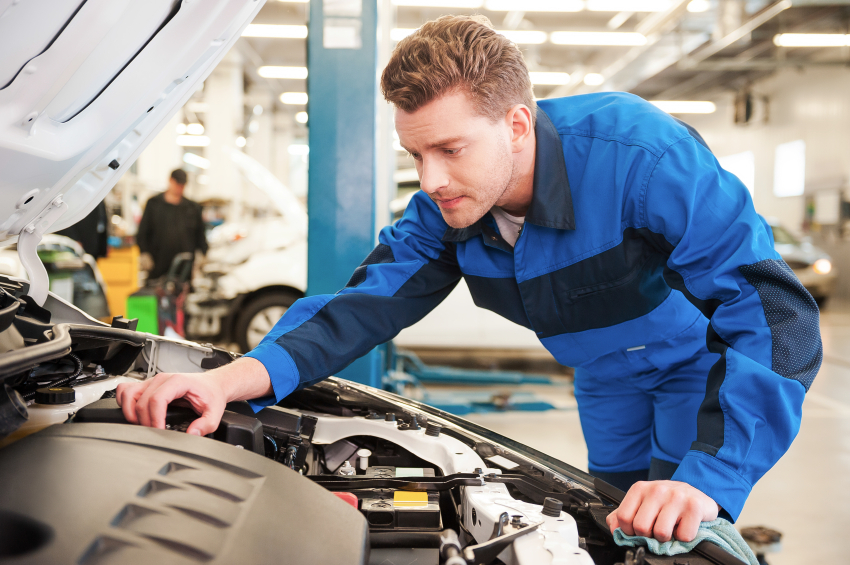
Credit: www.autotrainingcentre.com
Monitoring Performance
Monitoring your car’s performance is vital for its longevity and efficiency. By keeping an eye on key metrics, you can ensure your engine is running smoothly. This includes engine diagnostics and regular inspections.
Engine Diagnostics
Using engine diagnostics tools helps identify issues quickly. OBD-II scanners are popular. They read error codes from your car’s computer system.
- Identify potential problems early
- Save on costly repairs
- Improve fuel efficiency
Invest in a quality OBD-II scanner. Connect it to your car’s diagnostic port. Read the error codes and take action.
Regular Inspections
Regular inspections are crucial for engine performance. Check oil levels, coolant levels, and air filters.
| Component | Frequency | Action |
|---|---|---|
| Oil Levels | Monthly | Top up or change |
| Coolant Levels | Monthly | Refill |
| Air Filters | Every 6 months | Replace |
Visual inspections help identify leaks and worn-out parts. Listen for unusual sounds. They may indicate engine problems.

Credit: ecuflash.co
Frequently Asked Questions
How Can I Boost My Car’s Horsepower?
Upgrade the air intake and exhaust systems to improve airflow and increase horsepower.
What Oil Is Best For Engine Performance?
Synthetic oil provides better lubrication, reduces friction, and enhances engine performance and longevity.
How Does A Turbocharger Improve Performance?
A turbocharger forces extra air into the engine, increasing power output and performance.
Can Spark Plugs Affect Engine Performance?
Yes, high-quality spark plugs improve combustion efficiency, leading to better performance.
Does Regular Maintenance Improve Engine Performance?
Absolutely, regular oil changes, filter replacements, and tune-ups keep the engine running efficiently.
What Role Do Fuel Injectors Play?
Clean fuel injectors ensure optimal fuel delivery, improving combustion and engine performance.
Why Is Proper Tire Pressure Important?
Correct tire pressure reduces rolling resistance, improving fuel efficiency and overall engine performance.
Conclusion
Enhancing your car engine’s performance is achievable with consistent maintenance and upgrades. Regular oil changes, quality fuel, and timely inspections are vital. Implementing these tips ensures a smoother ride and extends engine life. Keep your car in top shape and enjoy a more efficient and powerful driving experience.

Sium is a passionate automotive enthusiast and writer at SiumPro. With a deep understanding of cars and a keen eye for detail, Sium brings valuable insights and engaging content to readers. From reviews to tips and industry updates to delivering informative and enjoyable automotive articles.

